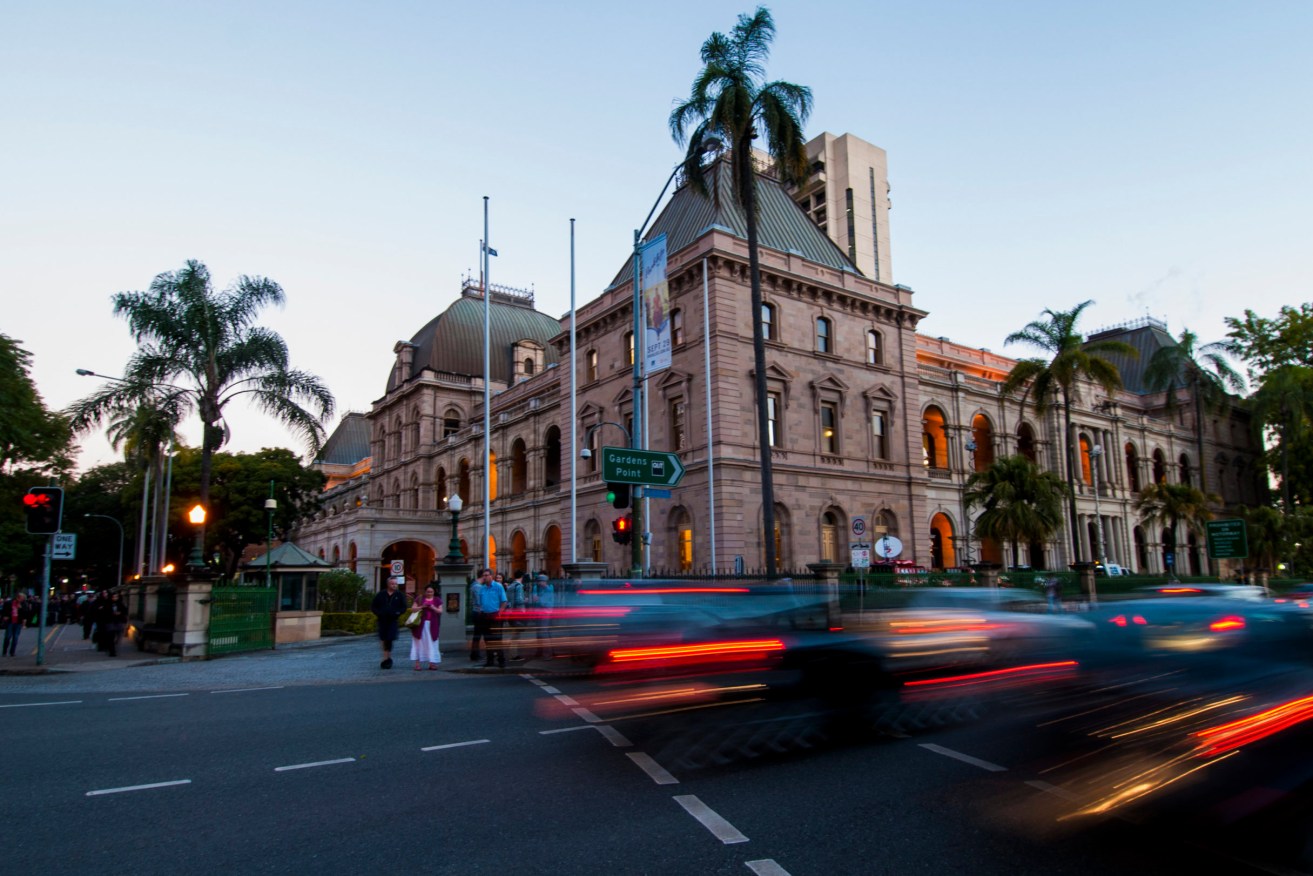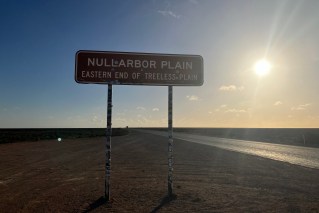Why history is against a change of government when Queenslanders go to the polls
Queensland’s pandemic election could favour the major parties, particularly incumbent Labor, if history serves as a guide.

The Palaszczuk Government is introducing voluntary assisted dying laws. (Photo: AAP Image/John Pryke)
Early voting will begin on Monday with almost one in five Queenslanders applying for a postal vote, the highest number ever in a state election.
Traditionally major parties save their big promises for the final week of campaigning to win over undecided voters.
But the rise in early voting will shift the way the campaign plays out, University of Queensland political historian Chris Salisbury said.
Major parties will increasingly make tactical announcements earlier.
“It almost favours the major parties because they have the resources to be able to spread a lot of effort over the full four weeks of the election campaign,” Dr Salisbury told AAP.
“The minor parties don’t necessarily have those resources at their disposal. They have to be a bit more savvy with just when and where and how they try to present their big pictures.”
The incumbent Labor party, led by Premier Annastacia Palaszczuk, may also get a boost due to the pandemic, he noted.
There was no state election the last time the borders were shut during the Spanish flu pandemic of 1918-1920.
However Dr Salisbury said there was a state election in Tasmania and a federal election that favoured incumbents.
“The events that I’ve looked at in 1919 all saw incumbent governments returned,” he said.
“You can look to the Northern Territory election a few weeks back to suggest it might have played a factor there in seeing the Gunner government being returned.”
Salisbury said crises tend to favour incumbent governments because voters are less likely to risk threatening the status quo.
Incumbents have been returned in all but three of the 16 times since 1886 that Queenslanders went to polls while facing or recovering from crises like natural disasters, financial downturns, wars and pandemics.
During the Second World War, premier William Forgan Smith led the Labor government to re-election in 1938 and 1941 before retiring in 1942. Labor then ruled for another 15 years in Queensland.
But there have been exceptions to the incumbent trend.
TJ Ryan’s Labor victory during the First World War in 1915 was a rare ousting for a government in troubled times.
Salisbury said it was first time a sitting Queensland premier, Digby Denham, had lost his seat, exactly 100 years before the same thing happened to Campbell Newman.
The Liberal National Party may take more comfort in the precedent of the Great Depression election of 1929, when an economic downturn was weighing on voters’ minds in a similar way to the COVID-19 recession.
In that election Arthur Moore’s Country and Progressive National Party took power after 14 years of Labor government in Queensland.
“When the Great Depression hit, at a federal level, as well as here in Queensland it helped to remove incumbent governments,” Dr Salisbury said.
The Moore government served a single term before Labor reclaimed power under Mr Forgan Smith in the 1932 election.
“Times of crisis favour fully-functioning parties, in well established political systems, that can really manage both the running of government as well as the media aspect of campaigning,” Salisbury said.
The official polling day in Queensland is October 31.












